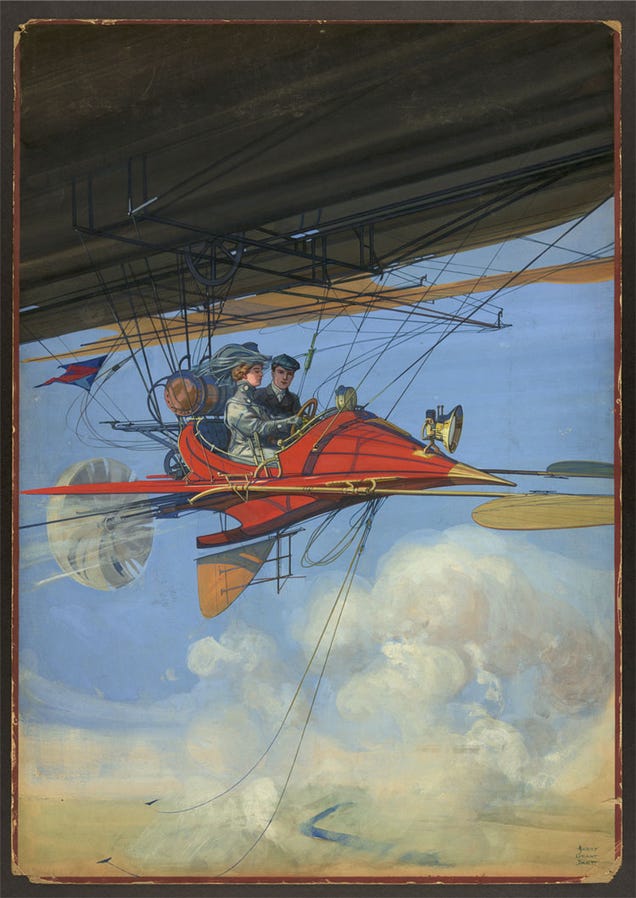Ancient Verses; Huxley against Modernist Idolatry
Huxley throughout his life wrote many books, which wrestled with problems of how modernity had with its poisonous nihilism infected the human mind. Unlike Nietzsche however, he didn't go certifiably insane in an attempt to find a solution to the problem. But by the end of his life in 1963 Huxley was more a modern prophet than a fiction writer judging by his writing and interests, and because of this quite insane and not himself in the way only a prophet could be, he writes with an otherworldly peace, wit and understanding.
The most important concept that Huxley introduces for its worldly value however, is what he calls higher idolatry. Idolatry typically refers to the worship of images, such as wooden totems, statues and bronze bulls, so what distinguishes higher idolatry and why is it particularly dangerous and particularly poignant in a modern setting? Huxley says that higher idolatry comes in three main flavours, technological, political and moralistic, but really higher idolatry is the worship of any one part of the human endeavour as being above and superior to the rest, and with higher idolatry there is always some form of hankering after some perfect set of conditions which will bring about the imagined results, in anthropological circles this hankering and unquestioning belief is called fetishism.

**Stop fetishizing golden calfs!**
Higher idolatry is thus a cult, and is exemplified in the political idolatry of communism, in which utopian liberation, and in a sense salvation, requires deference to an authoritarian socialist state, in order to bring about the communist utopia. Thus we can see in communism the same kind of fetishism, as anthropologists call it, for the socialist authoritarian state as a voodoo practitioner might have for a certain set of ritual objects with which to heal and curse people. Likewise, when the communist and the voodoo practitioner fails to bring about successful results, the communist can blame the government and say “that’s not real communism” just as easily as the voodoo practitioner can say “that chicken’s head was improperly cut off during the ritual” or whatever.
 **A man who can bring about successful communism in Haiti**
**A man who can bring about successful communism in Haiti**
In the end Huxley sees the modern obsession with technology and politics as essentially offshoots of a religious need to be saved. In the case of technological gadgets we are constantly sold the image of what the future will be like by futurists, who are really just to be ranked with fortune-tellers for predictive accuracy. We are to be saved by transhumanism, flying cars and cutting edge medicine according to the idolater of technology. Equally with politics, we are supposed to get all worked up and choose sides, start revolutions and align with various causes all in the hopes of bettering the world through government.
 **futurism from the turn of the last century showing incredible predictive power**
**futurism from the turn of the last century showing incredible predictive power**
But clearly none of this is sufficient. Our salvation cannot be in politics or technology or economics or any specialized field of knowledge. Our salvation and survival depend on our ability to employ all of our knowledge as a species appropriately to the situation, rather than venerating one particular thing that is the product of that knowledge.